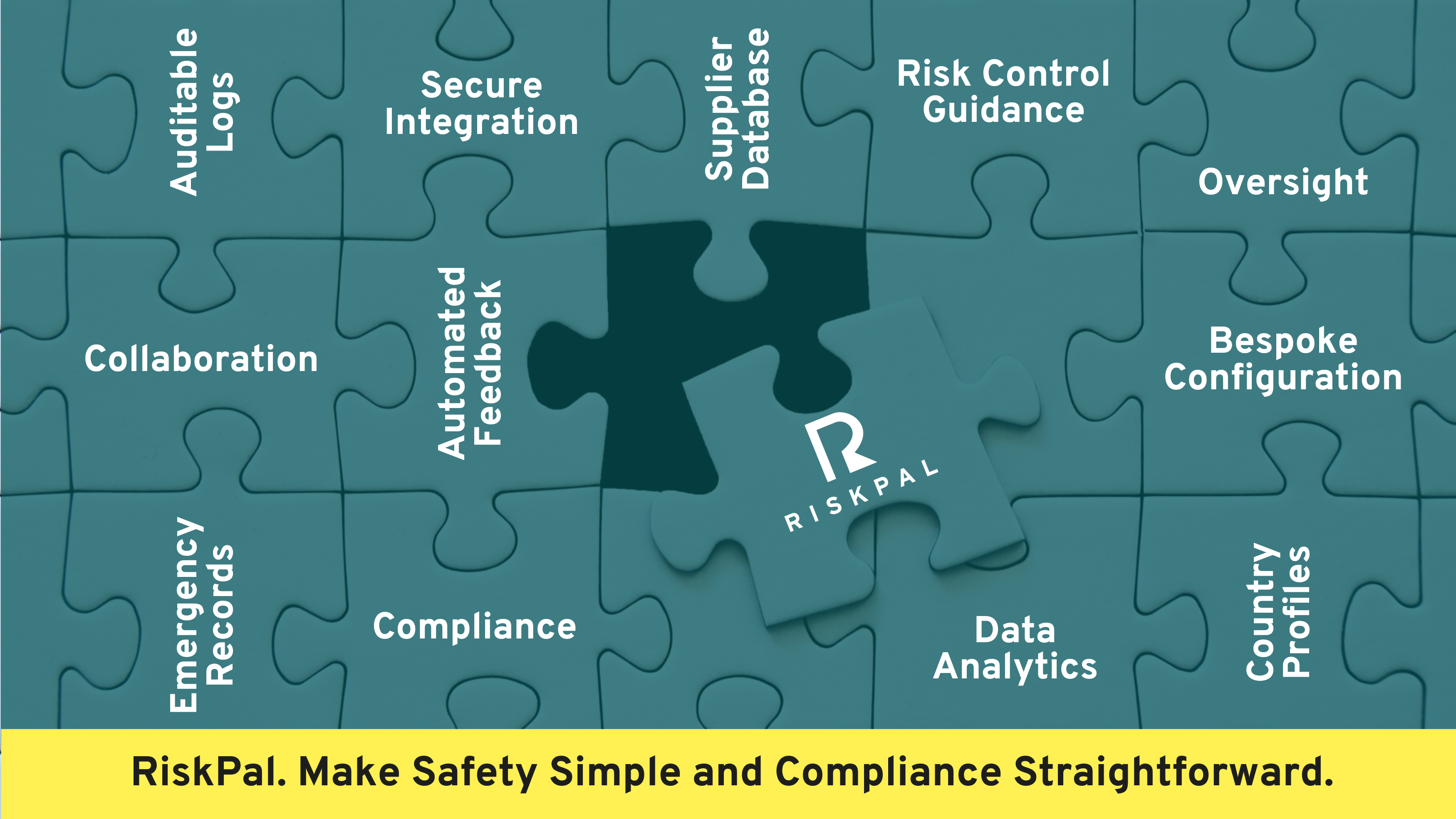Agile Crisis Management: Reflections from Afghanistan & Covid-19
RiskPal Co-Founder Colin Pereira has worked for more than 20 years in risk management and has helped shape how media organisations manage their emergencies. During that time, he has managed a myriad of different problems, from kidnaps, arrests, coups injuries, fatalities and repatriations.
Reflecting on lessons from the Covid-19 pandemic and the recent evacuation of personnel from Afghanistan, Colin assesses five features of crisis management that are often overlooked, yet are vital to effective teamwork when it matters most.
1. Build a high trust environment
Navigating a complex crisis takes a team.
In the 1960s, NASA identified the best way to solve their problems was to bring together a specialised, cross functional team, which they called a “Tiger Team.” Their most famous tiger team captured the attention of the world when they successfully rescued the astronauts of the failed Apollo 13 lunar landing mission.
However, individuals on a tiger team may not know each other well – if at all – yet their work is directly reliant on the performance of other members of the team. They need to come together at little notice and work seamlessly.
Success requires team members to trust that others will be competent, reliable and self aware as a given. This allows them to focus on their work with peace of mind that the other pieces in the puzzle will be delivered. It also means that when mistakes or oversights happen, they are scrutinised and rectified without recrimination – all in quick time.
Organisations that handle emergencies well, have a culture of competence, reliability and excellence ingrained at every level. Those that struggle are often those that have a history of letting mistakes and bad practices persist.
Creating a culture that embraces such values does not happen overnight and it certainly should not be expected to suddenly emerge during a crisis.
2. Lean systems help agility in decision making
In any crisis, the reality is that information will be lacking and uncertainty is almost inevitable at some stage. This hinders good decision making. To improve how decisions are reached, the systems used by crisis managers should be simple.
Too many methods of communications and information storage, particularly if difficult to navigate, can create confusion. Email, chat messaging apps and verbal communication can be opaque and hard to keep a track off. Miscommunication or siloed information streams result in people working unproductively or going off track.
Using secure and accessible project management and communications tools that are familiar to all team members increases efficiency and decision making agility.
Ensuring your systems are adequate and widely used is vital and needs to be continuously fit for purpose. This can be easier said than done as there is a tendency to prepare to “fight the last war,” focusing on previously encountered challenges rather than creating an organisation that can adapt to what is yet unforeseen.
3. Leadership needs to clearly outline the goal
The best kind of leaders show up during emergencies. Calmness and a reassuring presence are essential to providing a platform for your team to succeed.
Providing clear strategic direction and outlining objectives as early as possible is important. From then on the role of the leader is to keep the team mission focused.
Deciding tactics is more complicated and the options should come from the team and every voice should be heard. The “fog of war” can inevitably make decisions hard to reach, but over-thinking and dithering can confuse, demotivate a team and lead to wasted effort.
Crisis leaders who calmly assess all the options presented by the team, hearing everyone out before transparently choosing a course of action, are really valuable. Course correction may be required as circumstances change, but every action should be weighed against whether it moves the team closer to the ultimate goal or not.
4. Teams need to be girded for the long haul
Crises can often be intense, prolonged and exhausting experiences. Human risk factors therefore need to be expected.
Having available personnel to give the primary team a break is highly advisable and should be built into the structure of the team. Encouraging a core group of individuals to solve the problem without respite will be problematic in the long term. The team will quickly feel personally attached to the problem, so shutting off will be hard. If they know that another substitute team member can come in and seamlessly fit in will give them the opportunity to take breaks before tiredness or burn out occurs.
For smaller organisations this can be a resource challenge as they may simply not have enough personnel to allow for substitutes, especially as the core business of an organisation will often continue despite a crisis.
5. Safeguard mental health
At the end of a crisis, team members are often given a short break and then expected to go back to work. However, depending on the traumatic nature or outcome of the crisis the chance of “back to normal” for the team may not be so easy.
Feeling helpless is a common contributor to mental trauma. If a crisis management team does not get the outcome they want or if lives are lost and extreme harm has been done they may feel their efforts have been worthless.
Throughout the experience, the team should be encouraged to talk to each other or members of the organisation about their emotions – even if they argue they are too caught up in the effort. Sharing how they feel with peers is proven to be an effective support mechanism and is arguably even more important now that so many team members work remotely, often in isolation. Professional counselling should always be on hand to provide additional support to anyone in the organisation who needs it.
Contact Us to find out more.



